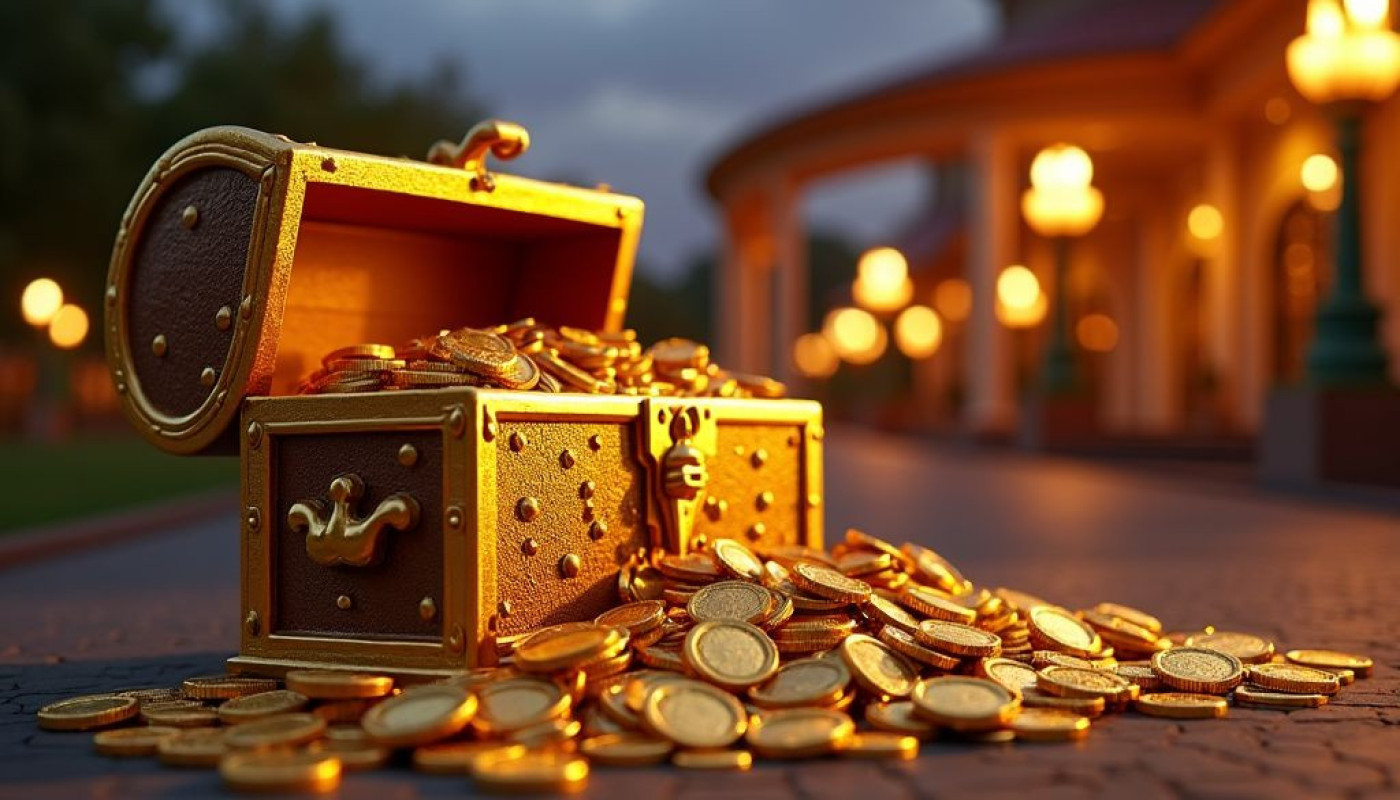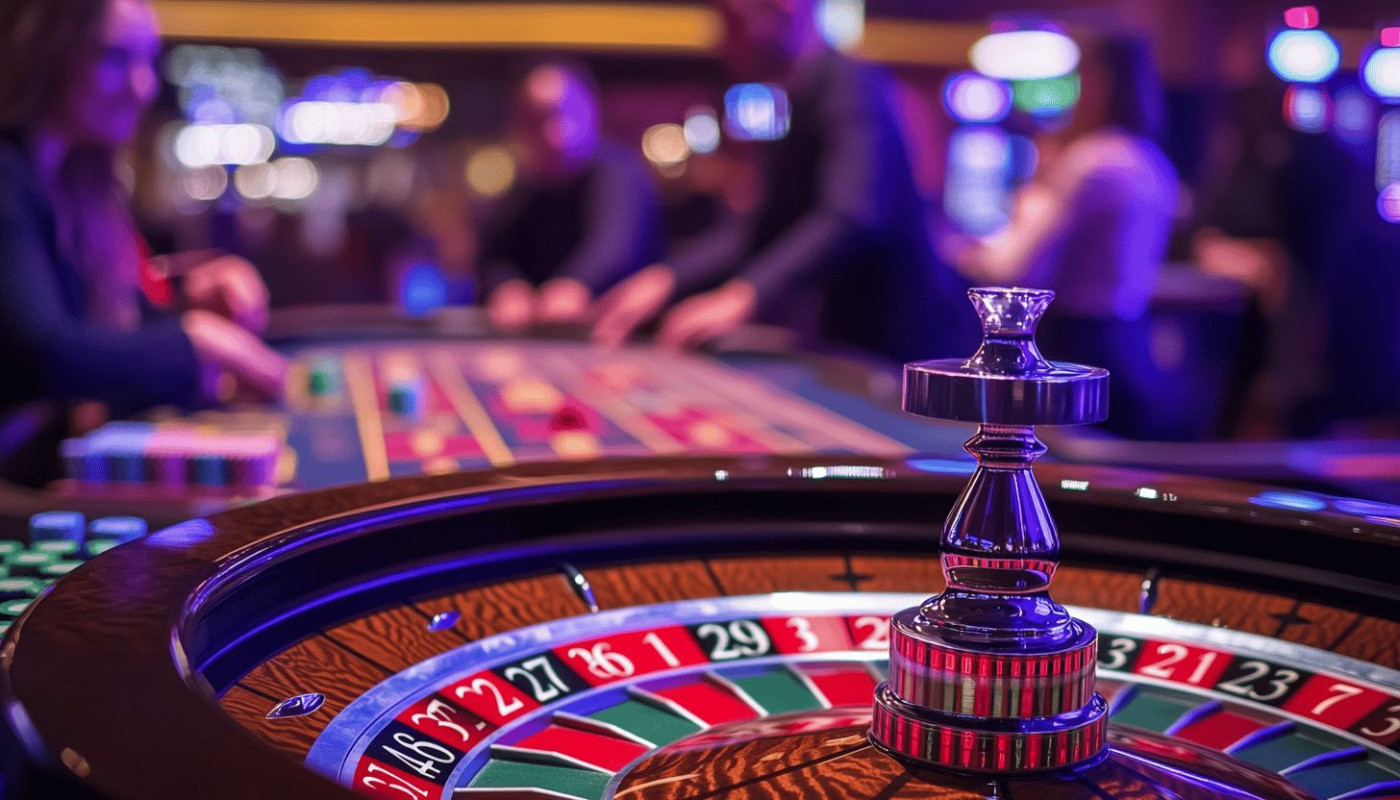Table of contents
The history of gambling is as exciting and mysterious as the captivating allure of casinos. From ancient civilizations to today's digital era, gambling has undergone a fascinating evolution that spans centuries and continents. The intriguing journey takes us from primeval practices in Mesopotamia to sophisticated online platforms in cyberspace where one can indulge in this age-old pastime at their convenience. This article explores the rich tapestry of gambling's history, its transformation over time, with a focus on how technological advancements have significantly reshaped our experience with betting games today.
The Dawn of Gambling: Ancient Civilizations
Delve deep into the inception of gambling by tracing its roots back to ancient civilizations, such as China, Egypt, and Rome. The gambling origin can be found in these societies, dating back thousands of years. It was a pivotal part of cultural rituals and social activities, ingrained in their way of life and serving a myriad of purposes. Not merely a form of entertainment, gambling was often interwoven with religious practices, fortune telling, and even settling disputes.
One of the most prominent forms of gambling in these ancient times was dice games. These games held significant value and were considered crucial during festivities and gatherings. Whether it was the casting of lots in ancient Rome or ‘kauri’ shells used for betting in ancient India, the role of gambling in early societies is undeniable. It is a testament to the enduring allure of gambling that many of these games and rituals have survived, in one form or another, into modern times.
Middle Ages: A Time for Change
The Middle Ages saw a significant transformation in the realm of gambling, largely impacted by the profound religious influence of the era. This resulted in a marked restriction on gambling practices, which, rather than extinguishing the activity, drove it underground. The clandestine culture of gambling gave birth to secret playhouses, where individuals could gather to play games of chance out of the public eye.
One significant development during this period was the introduction of card games. Seen as an important addition to gambling activities, card games quickly became a popular choice in these hidden arenas. Another notable evolution was the adoption of lottery systems. Despite the societal constraints on gambling activities, these lottery systems found their way into the collective gambling practices of the time, further enriching the landscape of gaming during the Middle Ages.
Rise Of Casinos: Renaissance To Modern Times
The emergence of casinos as a mainstream entertainment hub can be traced back to Renaissance Europe, a period during which legalized casinos began setting the stage for the modern gambling landscape. This legalization marked a pivotal transition, transforming gambling from an underground activity into an accepted social engagement. The evolution didn't halt there.
Fast forward to the 19th century, the arrival of casinos on the shores of America led to the development of more elaborate casino establishments. These American casinos played a significant role in defining the modern-day casino scene we witness today. They introduced a wide array of games and services, evolving from basic games of chance to more strategic and social games, thus transforming the perception and purpose of casinos.
In the end, the evolution of casinos has been marked by a constant endeavor to diversify and enhance the gambling experience. The modern-day casinos offer a wide range of games such as slot machines, poker tables, and many more, demonstrating the dynamic and progressive nature of this industry. The journey from the Renaissance to the present encapsulates the fascinating history of casinos, culminating in the diverse and engaging establishments we see today.





















